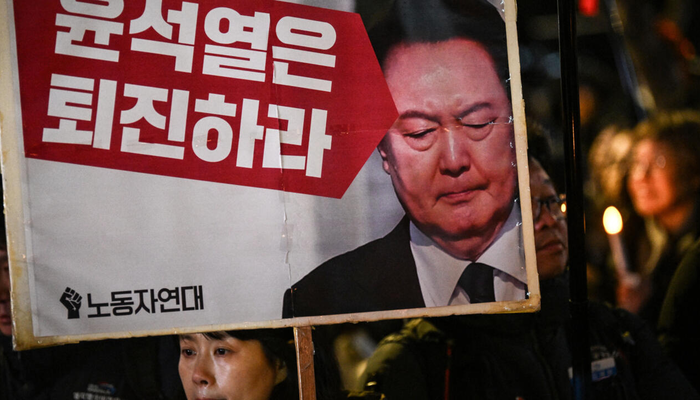New Zealand’s proposed taxing greenhouse gasses that farm animals make from burping and peeing as part of a plan to tackle climate change.
First in the world levy would come into force in 2025, but farmers say it will destroy food production.
The government said the farm levy would be a world first and farmers should be able to recoup the cost by charging more for climate-friendly products.
But farmers quickly condemned the proposal, which would be introduced in 2025.
Federated Farmers, the industry’s main lobby group, said the tax would “rip the guts out of small-town New Zealand” and affect food production because farms would be replaced with trees.
New Zealand to end five months long buy-back scheme
“Our plan was to keep farmers farming,” Federated Farmers President Andrew Hoggard said. Instead, he said farmers would be selling their farms “so fast you won’t even hear the dogs barking on the back of the ute (pickup truck) as they drive off”.
There are just 5 million people in New Zealand, but 10 million beef and dairy cattle, and 26 million sheep.
Farm animals produce gasses that warm the planet, particularly methane from cattle burps and nitrous oxide from their urine.
Nearly half of New Zealand’s total greenhouse gas emissions come from agriculture, which was previously exempted from the country’s emissions trading scheme.
New Zealand’s Prime Minister Jacinda Ardern told reporters the proposal would make New Zealand’s farmers not only the best in the world but the best for the world.
“New Zealand’s farmers are set to be the first in the world to reduce agricultural emissions, positioning our biggest export market for the competitive advantage that brings in a world increasingly discerning about the provenance of their food,” said Ardern, who declared a climate emergency in 2020.
kiwi PM condemns Australia for revoking ISIL suspect’s citizenship
The plan proposes prices for long-lived gases such as carbon dioxide be set annually based on domestic emission prices for other sectors, while a price for biogenic methane would be calculated on advice from the Climate Commission.
The proposal will provide financial incentives for farmers to use technology to limit sheep and cow burps while the money farmers pay for their emissions will be reinvested in the sector.
The government has pledged to reduce greenhouse gas emissions and make the country carbon neutral by 2050. Part of that plan includes a commitment to reduce methane emissions from farm animals by 10 percent by 2030 and by up to 47 percent by 2050.



